To be considered a “great” image, does a photograph have to be technically great to qualify? This was a recent question that popped in to my head as I lay in a state of misery in the depths of the Omicron virus that swept through our household. Thankfully I made a mental note to remember this question when I emerged from my feverish, semi-human state into the light of “almost human” enough to get some work done and in this post I wanted to share a couple of thoughts on this question to maybe get you to think about it as well.
When I say “great”, of course that is very subjective, like all art work. Great is typically in the eye of the beholder in an artistic sense. Some great images are considered  so because of how they broke new ground in photography or for the social impact they may have caused. For now, please suspend any quantitative assessment of what it means to be great and just think about a loose definition of great in photography and then how that may relate to the question of whether they need to be technically great in order to achieve a level of acknowledgement of greatness.
so because of how they broke new ground in photography or for the social impact they may have caused. For now, please suspend any quantitative assessment of what it means to be great and just think about a loose definition of great in photography and then how that may relate to the question of whether they need to be technically great in order to achieve a level of acknowledgement of greatness.
In our world of photography, so much effort and so many words are devoted to the technical side of photography, what f/stop to use, camera reviews, lens evaluations, shutter speeds, 7 tips for landscape photography, etc. I suppose on some level this information is good for beginning photographers, but in my opinion, it focuses so much of the attention on the “how” of photography and less on the “why” of the image creation. All of this technical discussion also lends itself to creating a universe of pixel peepers and bench racers comparing specs, focused on the technical aspects of photography. In some small way, I am trying to focus more of my thoughts and share about the artistic side of photography, away from technical discussions, as a means to offset the deluge of technical discussions.
In todays world, because so much focus (pun intended) is placed on technical qualities of images, many people feel that an image needs to be technically great to be considered a great image. My opinion is that this isn’t true. I feel that a great image doesn’t have to be at the pinnacle of technical mastery to be considered great. If you do a Google search of “great photographs”, a good majority of the search results will be filled with images that are no where near what we would consider technically great. They are grainy, perhaps slightly out of focus, not framed all that well, along with many other technical details that we may consider “faults” by todays standards. However, they are considered great because of the impact they made on the broader world.
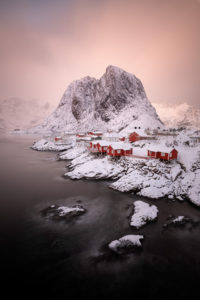 Pursuing greatness just based on the technical merit of the image will only get an image so far. Photographers do enjoy looking at technically great images, but they often look at them from an objective perspective, perhaps admiring the technical skills of the photographer and giving credit to the image due to its technical prowess. Non-photographers, on the other hand, may not recognize the technical mastery and therefore, much of that admiration showered on an image by photographers is missing. Non-photographers will look at an image from a more artistic or subjective perspective, often from the simple perspective of “how does it make me feel?” or simple “do I like it?”. I know photographers who enjoy the technical pursuits of photography, some going so far as doing a focus stack and exposure blend, up to 24 frames, to create on single finished image. They are proud of the technical skills required and how they executed the skills to produce the finished output. This is great and more power to them!!!! But here’s my caveat…don’t expect that the image will necessarily be considered a great photograph, just because of the technical skills executed. I have seen so many amazingly executed photographs, executed with far more patience and skill than I have, that just aren’t good compositions and therefore, aren’t great images. I can admire them from a technical perspective, but don’t admire them from an artistic or emotional perspective and quickly move past them to more pleasing images to look at.
Pursuing greatness just based on the technical merit of the image will only get an image so far. Photographers do enjoy looking at technically great images, but they often look at them from an objective perspective, perhaps admiring the technical skills of the photographer and giving credit to the image due to its technical prowess. Non-photographers, on the other hand, may not recognize the technical mastery and therefore, much of that admiration showered on an image by photographers is missing. Non-photographers will look at an image from a more artistic or subjective perspective, often from the simple perspective of “how does it make me feel?” or simple “do I like it?”. I know photographers who enjoy the technical pursuits of photography, some going so far as doing a focus stack and exposure blend, up to 24 frames, to create on single finished image. They are proud of the technical skills required and how they executed the skills to produce the finished output. This is great and more power to them!!!! But here’s my caveat…don’t expect that the image will necessarily be considered a great photograph, just because of the technical skills executed. I have seen so many amazingly executed photographs, executed with far more patience and skill than I have, that just aren’t good compositions and therefore, aren’t great images. I can admire them from a technical perspective, but don’t admire them from an artistic or emotional perspective and quickly move past them to more pleasing images to look at.
PLEASE understand I’m not bashing folks who have higher technical pursuits than I do. I admire those folks and use them to aspire to a higher level of technical proficiency in my own photography (believe me I have a lot of room to grow here!). What I’m trying to do is illuminate the fact that just because an image is technically great, it doesn’t mean it’s a great image. Some subjects, by their very nature, have a higher standard of technical requirements to meet in order to be considered great, such as a swooping eagle which needs to be in focus and at a high enough shutter speed to stop motion. But many of the “great” images don’t need as much technical greatness as we might believe. People fall in to the trap that we need the latest gear, executed at perfect technical levels, to achieve greatness in an image. Nope.
In my opinion, a great image needs to have a great COMPOSITION first and foremost. It needs to connect with the viewer on some emotional or cognitive level, it needs to tell a compelling story, it needs to resonate with the world at large. I’ll go so far to say that a great image needs to have artistic greatness far more so than technical greatness. For us as photographers, this artistic greatness is best represented in the art of crafting the composition. Not just taking an image, making an image. We can be visual storytellers with the right composition. We can move people, we can inform about the world around us, we can evoke emotional responses and trigger thoughts and actions, all through our photography, if we craft compositions that speak to others on a level other than technical greatness. Learning to speak at a deeper level, tapping in to the subconscious or primal emotions is a learned skill, just like focus stacking or exposure blending…yet there’s no YouTube videos telling you exactly how to do this. Its up to you to figure it out for yourself based upon your voice, vision and life experience!
I encourage you to devote more energy to the more subjective side of photography and less on the technical side. Yes, it’s always fun to buy new gear, but to elevate your images, more folks will benefit from elevating their creative side. Study photographers you admire, study some of the great photographers of the past, learn more about art theory, learn more about the visual cognitive process, give your image library an honest review based on subjecting qualities, not technical qualities….whatever you can do to learn more about the art of composition and crafting more compelling images.
I could spend many more words talking about greatness or the art of composition, but for now, I hope that I’ve been able to get you thinking about the level of technical greatness that you aspire to in relation to the level of artistic greatness in your images. I’d be curious to hear any of your thoughts on the subject!
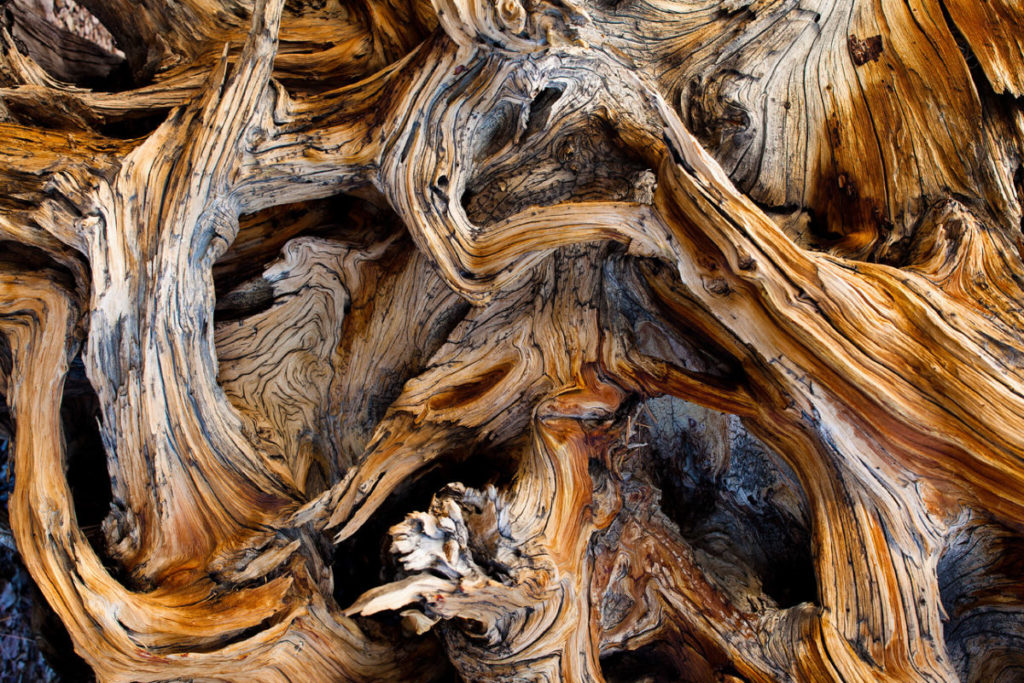

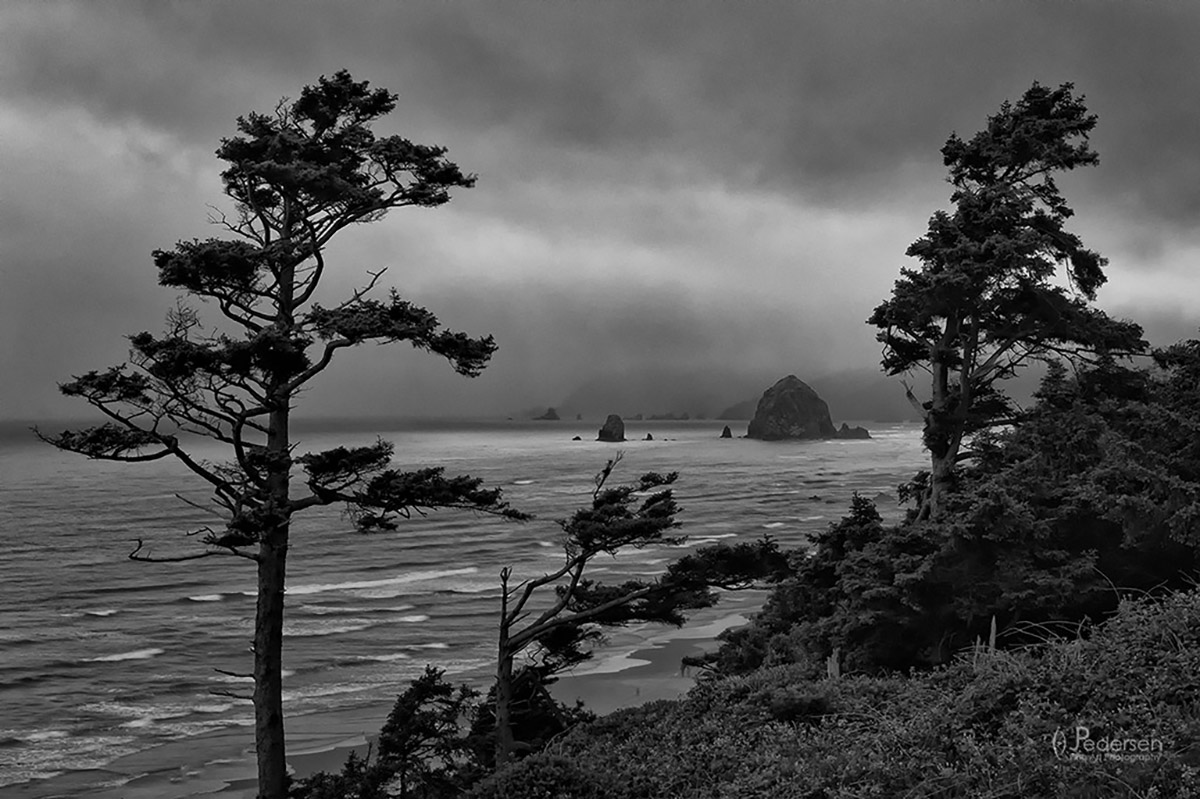
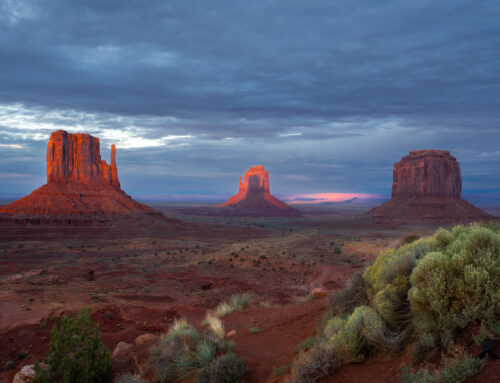
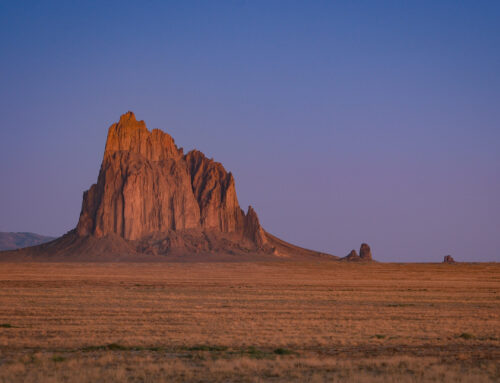
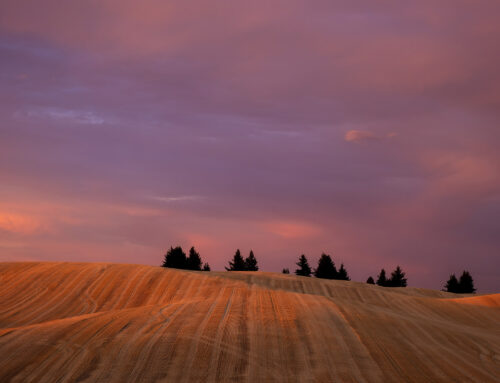
Thanks, John, for your thoughtful, artistic approach to your craft. Once again, you’ve given me a lot to think about. Yesterday, I was out spending hours trying to put into practice some long exposure techniques. In the process, I got too bogged down with the equipment, and didn’t take enough time to enjoy my surroundings and look for the image that would bring me back.
I hope you and your family are now fully recovered from Covid!
John, a great question and I agree with your comments. Too often we spend too much time on the technical and not enough time on the subjective aspects of our photos. A well composed image can have great impact on the viewer. As you say, often viewers of our photos may not have the knowledge of the technical side of photography, they just ‘feel’ the impact of a photo. If I can draw an emotion from my viewers with my photos, then I am happy.
I hope you have recovered from the Covid and have no lingering effects. Good luck and good health to you. Mary Hulett
Thank you for the comment Mary! I agree with you, if I can elicit an emotion, or convey a story/concept successfully, then to me that is success, almost regardless of the technical qualities of the photo. Have a great day.